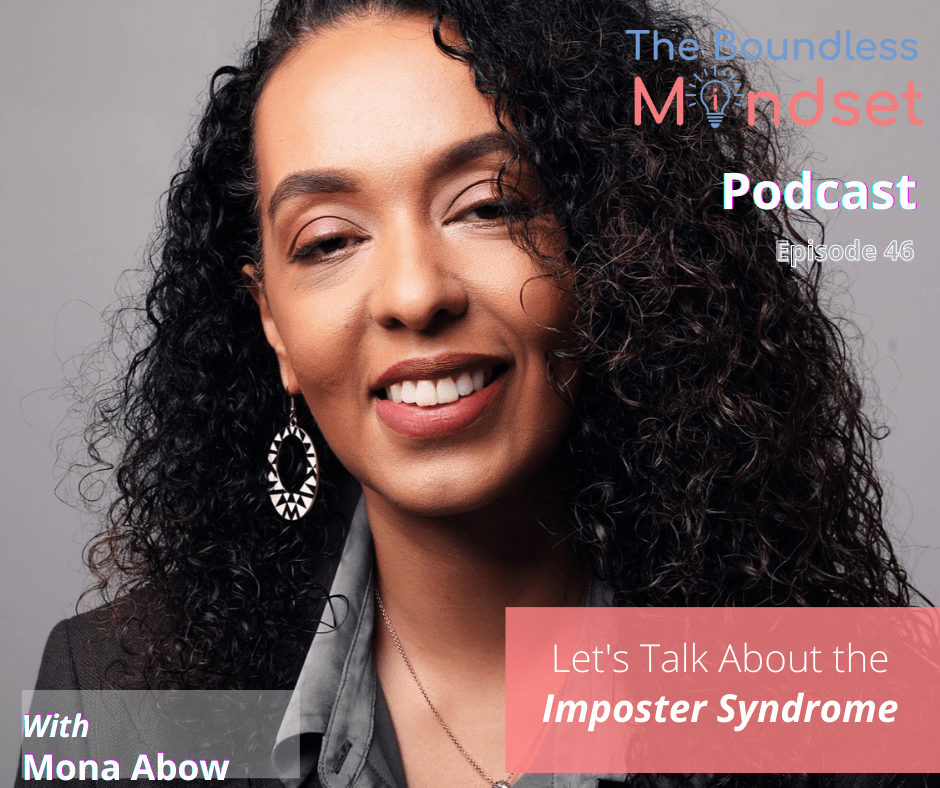What is Impostor Syndrome?
It’s the idea that you’ve only succeeded due to luck, and not because of your talent or qualifications. It was first identified in 1978 by psychologists Pauline Rose Clance and Suzanne Imes.
Where does it originate?
Some experts believe it has to do with personality traits—like anxiety or neuroticism—while others focus on family or behavioural causes,
Some childhood memories, such as feeling that your grades were never good enough for your parents, or that your siblings outshone you in certain areas, can leave a lasting impact and make you feel like you’re not enough.
institutionalized discrimination, can also play a major role in spurring impostor feelings. The feeling of alienation, not seeing others that look like you in successful spaces, being told that you have to work twice as hard as the rest to show your worth, keeps you feeling like you’re never good enough…that you have to outperform everyone else to be worthy.
Perfectionists who set high expectations of themselves can feel like a failure if they don’t meet 100% of the requirements. Any small mistakes can leave them questioning their competency.
Taking on the “Super woman” role can also leave us feeling stressed and exhausted from the need to attain unrealistic expectation in all areas of their lives
What are the Symptoms?
Feeling like and imposter can happen to anyone; The Imposter syndrome doesn’t equate with low self-esteem or a lack of self-confidence. High achieving, highly successful people often suffer from imposter syndrome
The ultimate reason why we suffer from imposter syndrome is to protect our ego. We take on roles and anything that can damage that image becomes a threatening.
We don’t feel at a deeper level that we are worthy! We have the need to proof to others our sense of worthiness.
You may feel that you’re not good enough! That you have not achieved enough! That you have so much to do before you can claim any success.
“I must not fail” – the pressure not fail which leads to an inability to seek success and to enjoy success when we get it.
“I feel like a fake” – Imposters believe they do not deserve success or professional accolades and feel that somehow others have been deceived into thinking otherwise, they have deep feelings that they lack.
“Success is no big deal” – The tendency to downplay their abilities or success and discount their value … they may say things like” I had a lot of help” or “It’s easier than it looks”.
Is there a Cure?
Unfortunately here’s no cure. Most people experience moments of doubt, and that’s normal and part of everyday emotions. The important part is not to let that doubt control your actions.
One of the first steps to overcoming impostor feelings is to acknowledge the thoughts and put them in perspective.
The goal is not to never feel like an impostor, the goal for is to have the tools and knowledge to deal with the imposter feeling or thought when it comes up.
Some helpful tips to keep to help you avoid the imposter syndrome taking over your life:
- Have fun! Don’t take yourself too seriously
- Understand that you don’t have all the answers and that you still have more to learn and that’s an opportunity for growth
- Value your current position and know that there’s great benefit in what you have to offer
- Connect to your WHY. Know that you are not doing this to impress people or to get their approval. It’s not about you … it’s about the service you are providing.
Excited to hear from you! Please share you takeaways and comments 🙂

